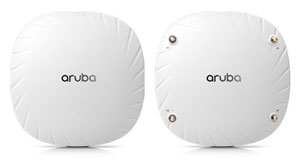
Seneca College is utilizing the latest generation of Aruba's WiFi access points to boost its network capabilities to handle more devices and boost connectivity speeds.
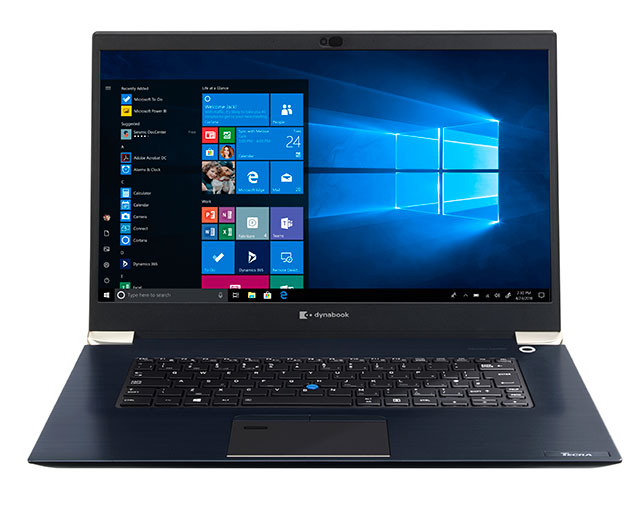
Dynabook has unveiled Tecra X50, an ultrathin laptop that offers up to 32 GB RAM and WiFI 6 capability.
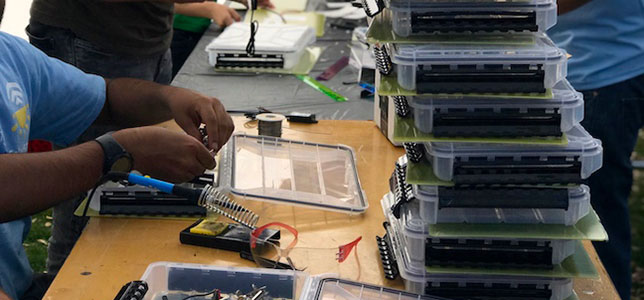
Arizona State University is finding out what refugee farmers in Uganda and online course creators have to teach each other about making do with very little.
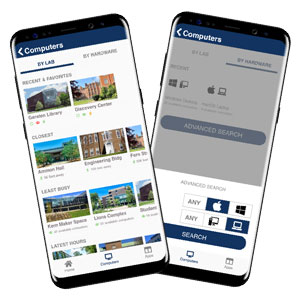
IT monitoring company LabStats has introduced LabFind, a mobile app that allows students to search for and navigate to campus IT resources, such as computers, printers, projectors, whiteboards, study spaces and more.
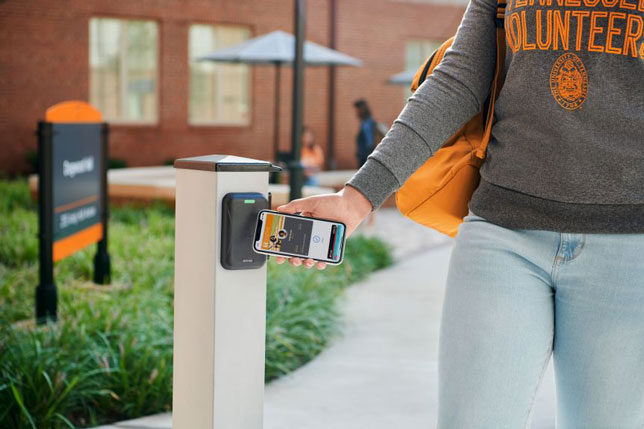
A system in place at the universities of Tennessee, Vermont and San Francisco is enabling students to access buildings and buy essentials with their iPhones and Apple watches as replacements for traditional student identification cards.
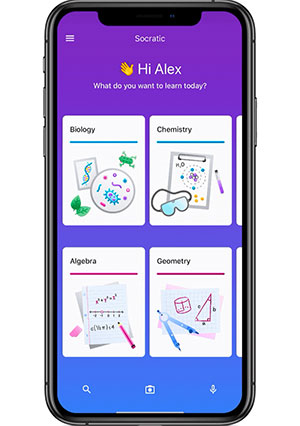
Google is launching a revamped version of the Socratic app to help high school and college students complete their homework.
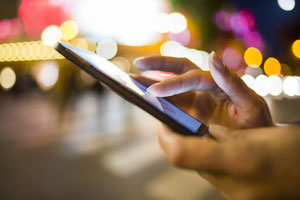
In 2019, smartphone sales worldwide will dip 2.5 percent over last year, according to a forecast from research firm Gartner, with the largest declines expected in Japan, Western Europe and North America.
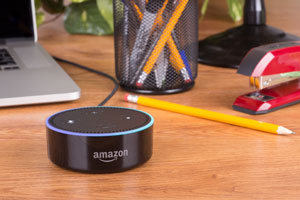
Pearson has created an Amazon Alexa skill for its Revel digital courseware product, allowing students to access text audio, homework reminders, class schedules and more via Alexa-enabled devices.

Students at Georgia's Mercer University can now use their iPhones or Apple Watches to access buildings and facilities, buy food, register for events and handle other ID card tasks.
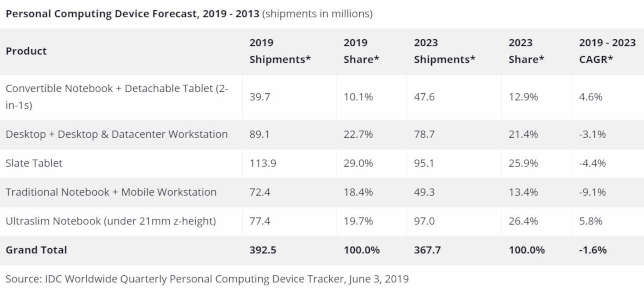
While traditional personal computers and tablets are continuing to lose their luster worldwide, other types of computing devices are holding strong.